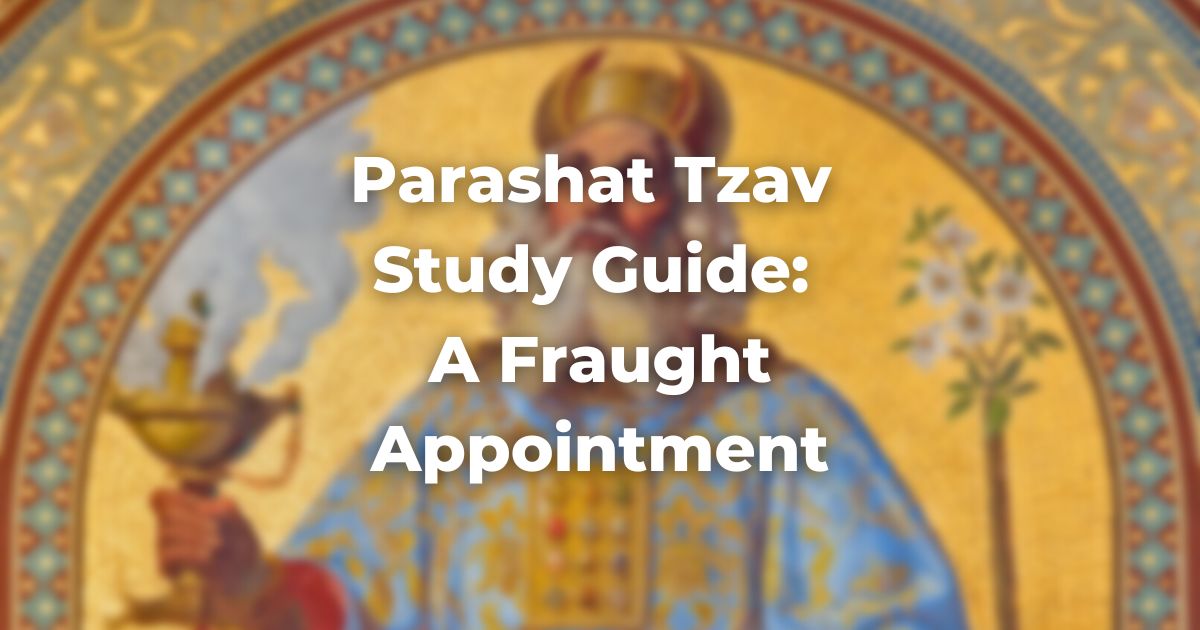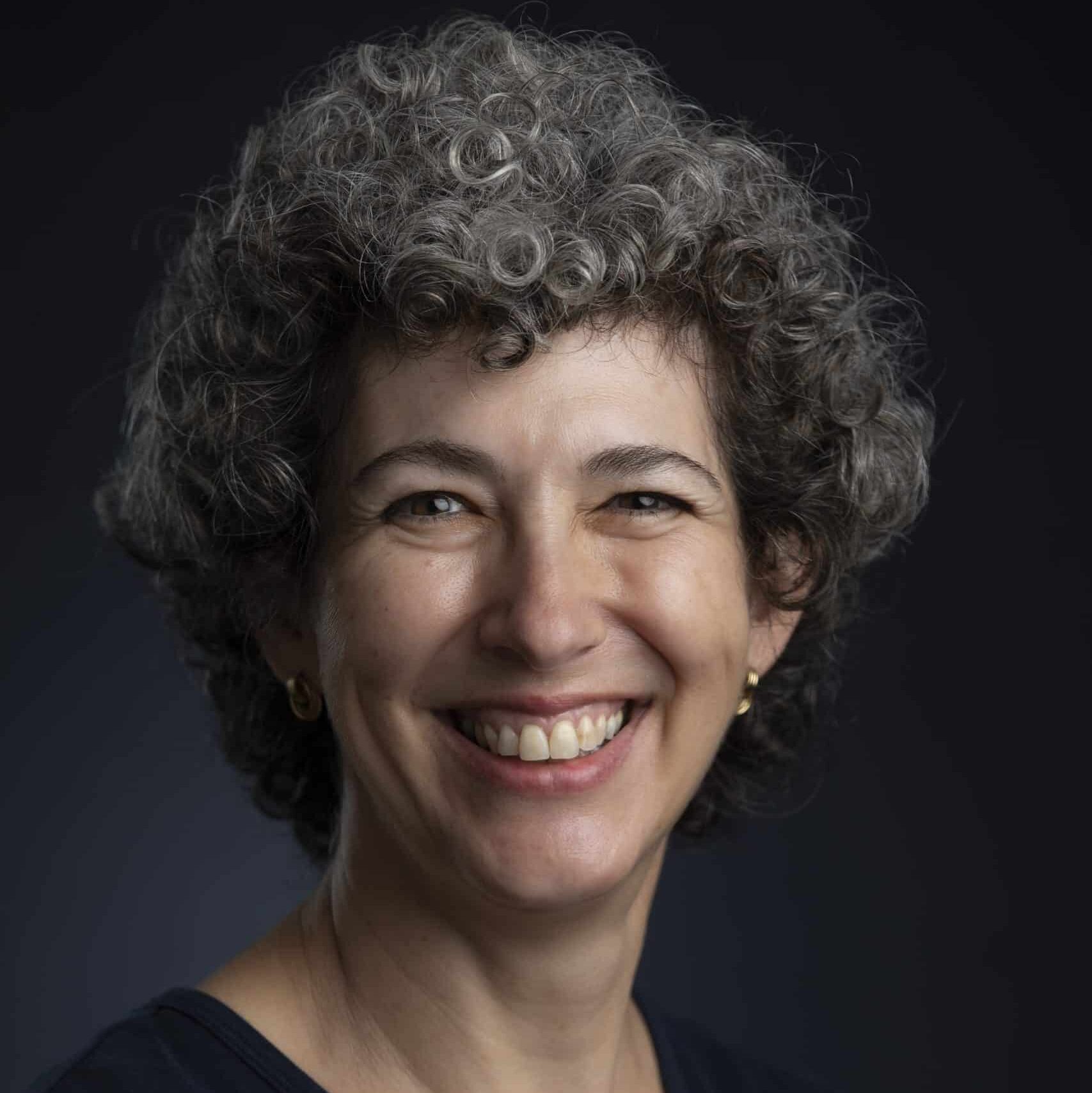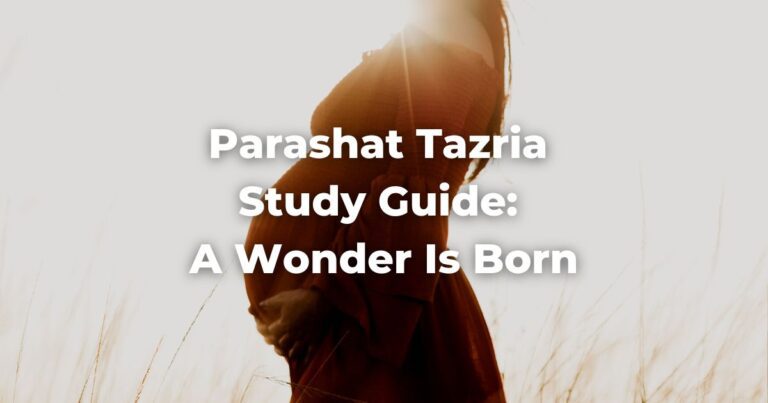Text: Vayikra 8:1-5
1 And the Lord spoke to Moshe, saying: 2 Take Aharon and his sons with him, and the garments, the anointing oil, a bull… 3 and gather all the congregation together at the door of the tent of meeting.” 4 So Moshe did as the Lord commanded him. And the congregation was gathered at the door of the tent of meeting. 5 And Moshe said to the congregation, “This is what the Lord commanded to be done.”
- Why would the consecration of Aharon and his sons as Kohanim be an event that the whole congregation should be present for?
- Why (and how) is Moshe told to take Aharon rather than just instructing Aharon to come?
Commentary: Rashi on Vayikra 8:2-5
Take Aharon—take him by words and draw him in.
This is what the Lord commanded to be done—The things you will see me doing in your presence, the Holy One, blessed be He, has bidden me do, and do not think I am doing them for my own glory and for my brother’s glory.
- How should Moshe take Aharon? What might he have told him?
- Rashi suggests that Moshe is aware of a problem when he is the person seen by the people as appointing his brother. How might this be perceived by the people? Challenge: Can you think of a time when Moshe might have been questioned for this?
- Why is Moshe the person who performs the ceremony for Aharon and his sons? Do you think that this is comforting for Aharon or making him uneasy? Why?
Midrash: Safra, Tzav, Mechilta Demiluim 1
“Take Aharon and his sons with him”: What is the intent of this? Because (Shemot 32:35): “And the Lord smote the people with plague because they had made the calf that Aharon had made” implies that Aharon was rejected; while “Take Aharon and his sons with him” implies that he was (re-) accepted… Whence do we derive that it was in Aharon’s heart that he had been rejected? It is written at the end of the episode (Vayikra 9:7) (“And Moshe said to Aharon) draw near to the altar.” Had not Moshe just presented to him the entire order of sacrifices? Rather, to dispel this from his heart, he told him that the Lord had said to him “Take Aharon and his sons with him,” thus apprising Aharon that he had been (re-) accepted
- Aharon is to head the Mishkan. Yet, Aharon is the one who created the golden calf. What questions might be raised considering this history?
- The midrash suggests that Moshe has to draw Aharon near for Aharon felt rejected. How might we help a person who failed regain confidence in his place in society?
See more: Parashat Tzav
Originally posted as part of the Conservative Yeshiva at the Fuchsberg Jerusalem Center’s Torah Sparks. Support Torah learning from the Fuchsberg Jerusalem Center/Conservative Yeshiva for leaders and seekers around the world here.
Authors
-

Vered Hollander-Goldfarb teaches Tanach and Medieval Commentators at the Conservative Yeshiva and is a regular contributor to Torah Sparks, FJC’s weekly message on the weekly Torah portion. She received her M.A. in Judaic Studies and Tanach from the Bernard Revel Graduate School of Yeshiva University and studied at Bar-Ilan University and the Jewish Theological Seminary. Before making aliyah, Vered taught at Ramaz School and Stern College in New York.
-



The Fuchsberg Jerusalem Center (FJC) is a home in the heart of Jerusalem where leaders and seekers can find an authentic place in Jewish tradition to call their own. FJC offers opportunities to study, pray and explore within an egalitarian and inclusive setting, creating multiple pathways for finding personal and communal meaning.




